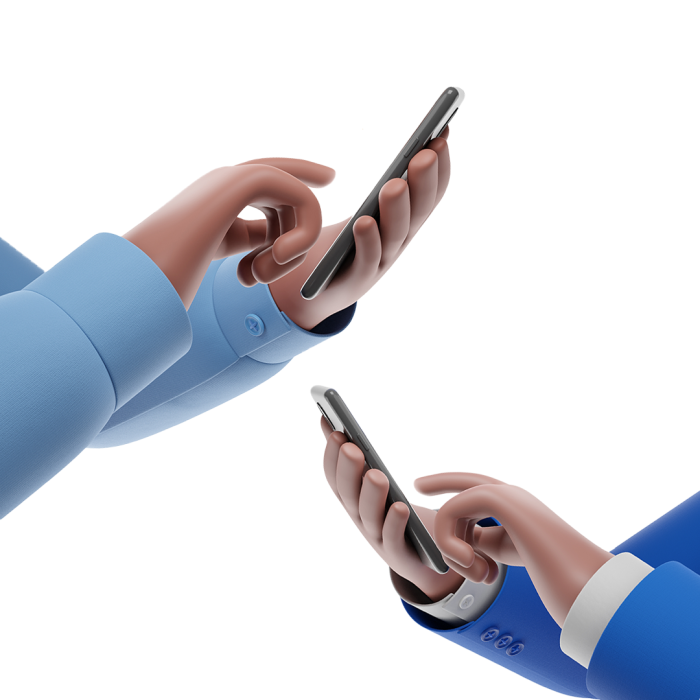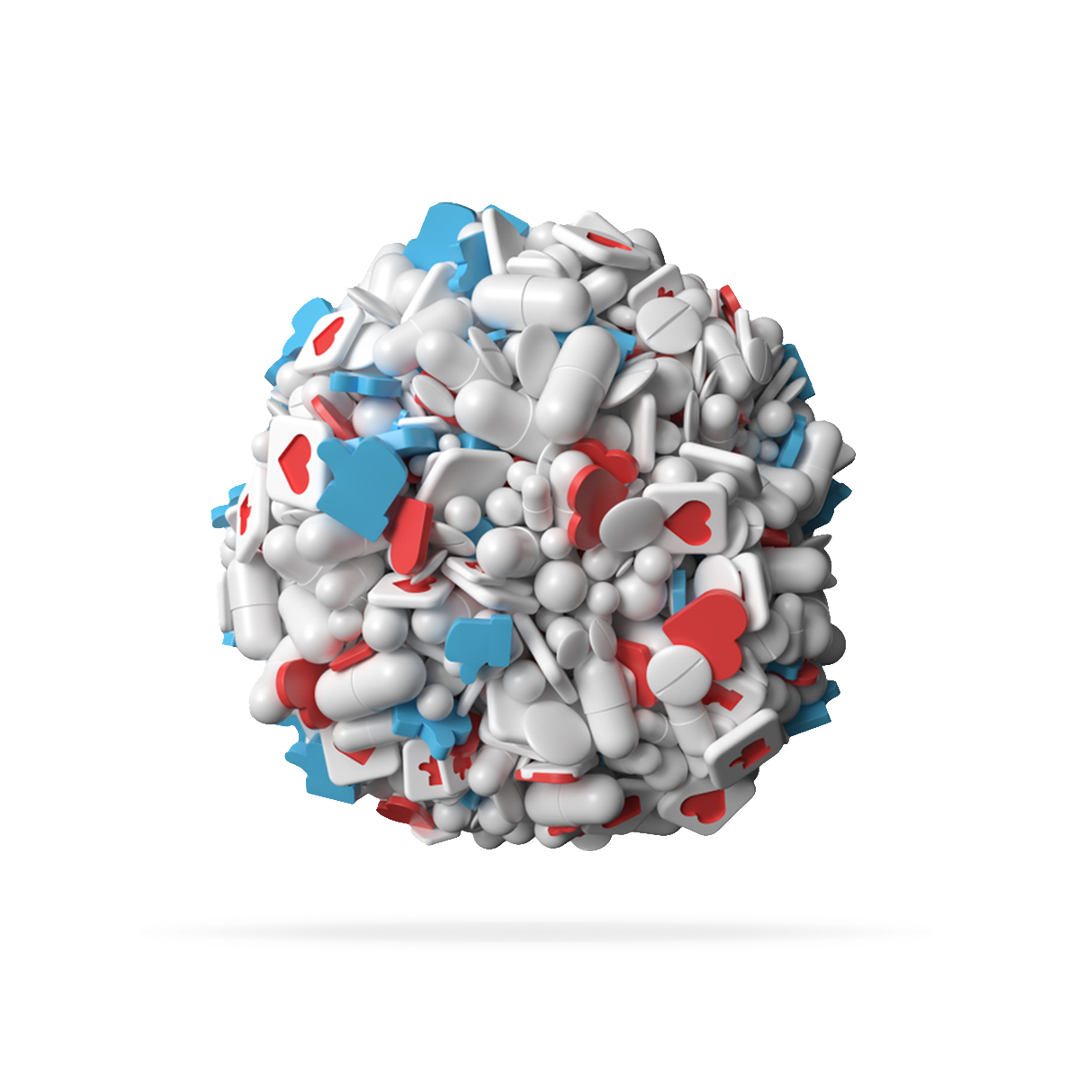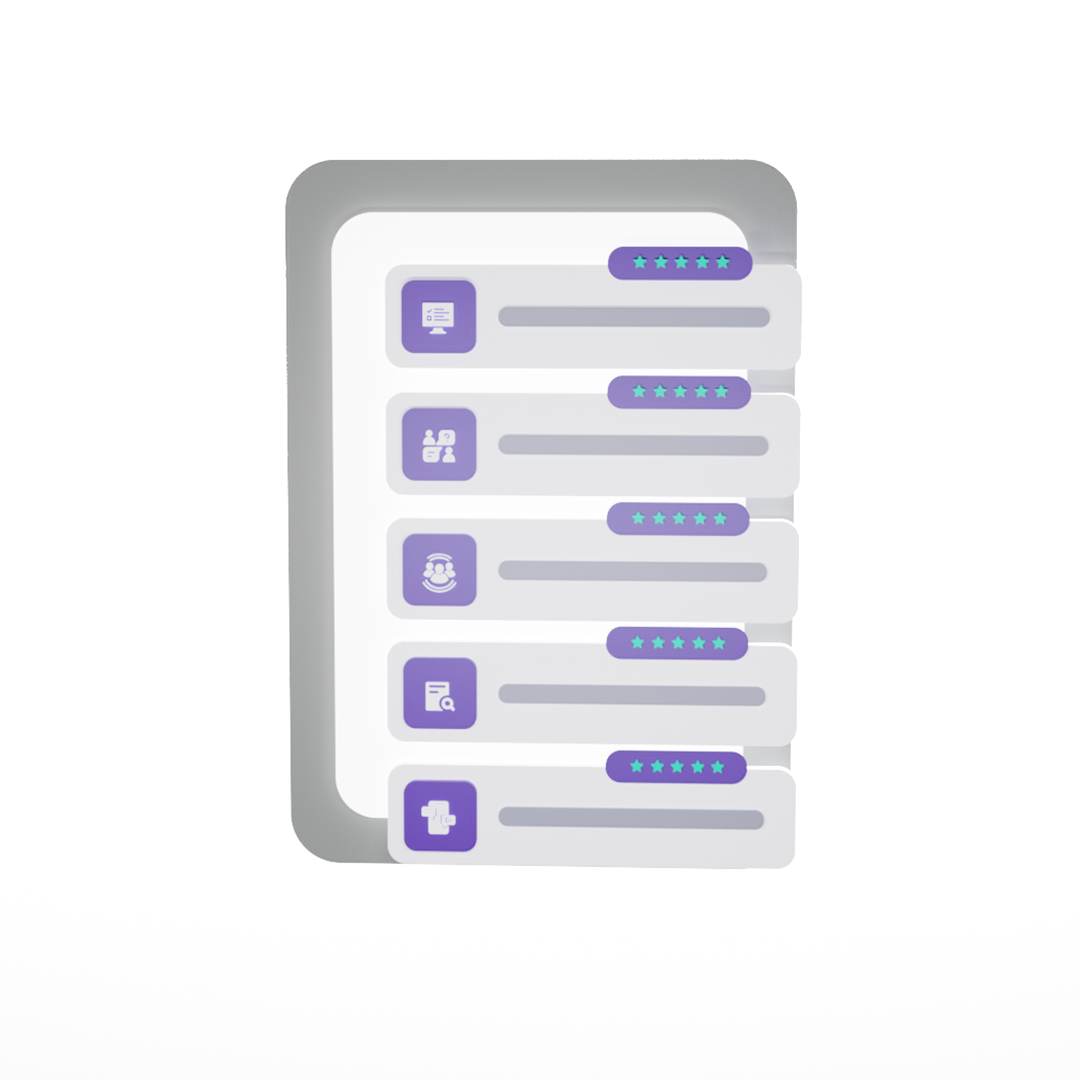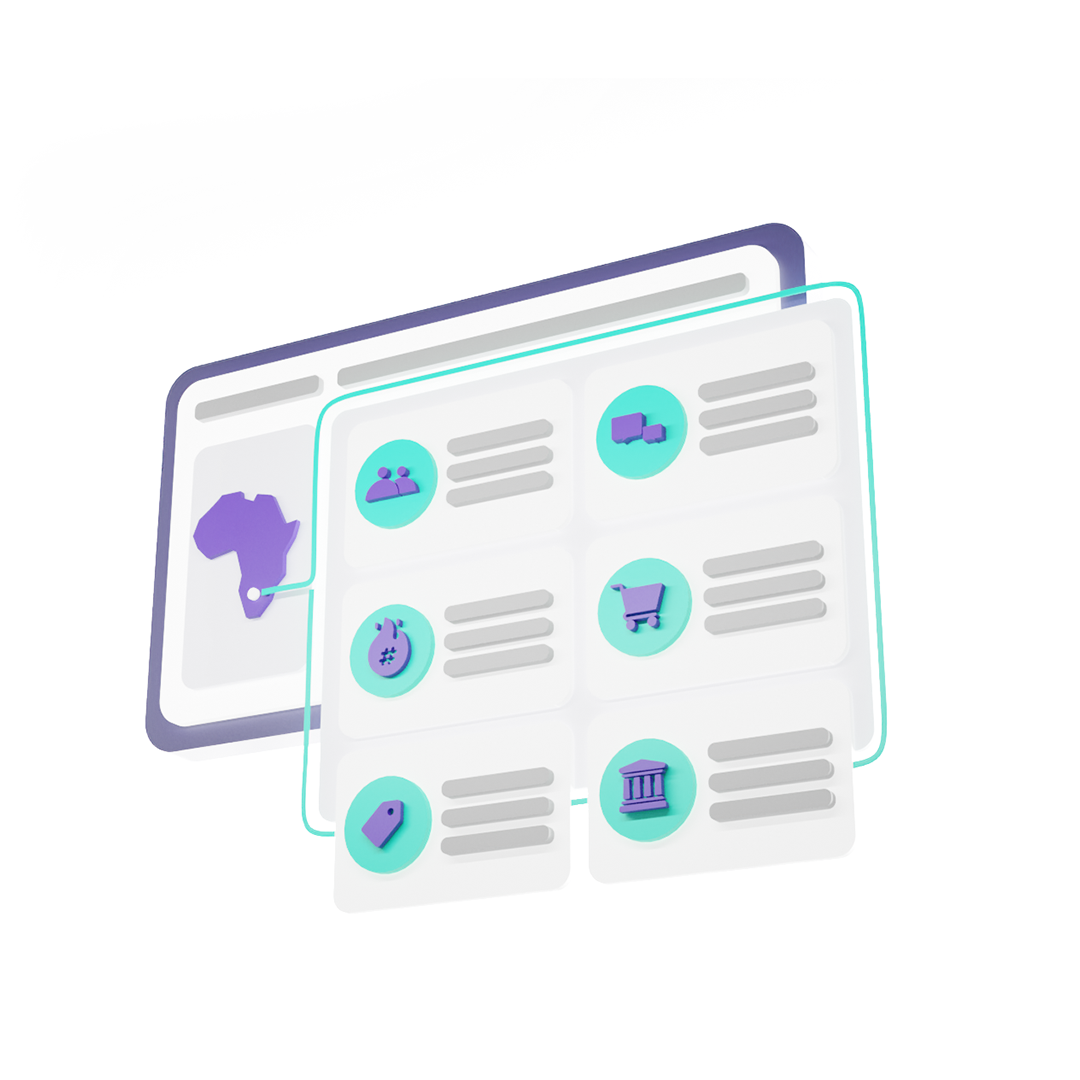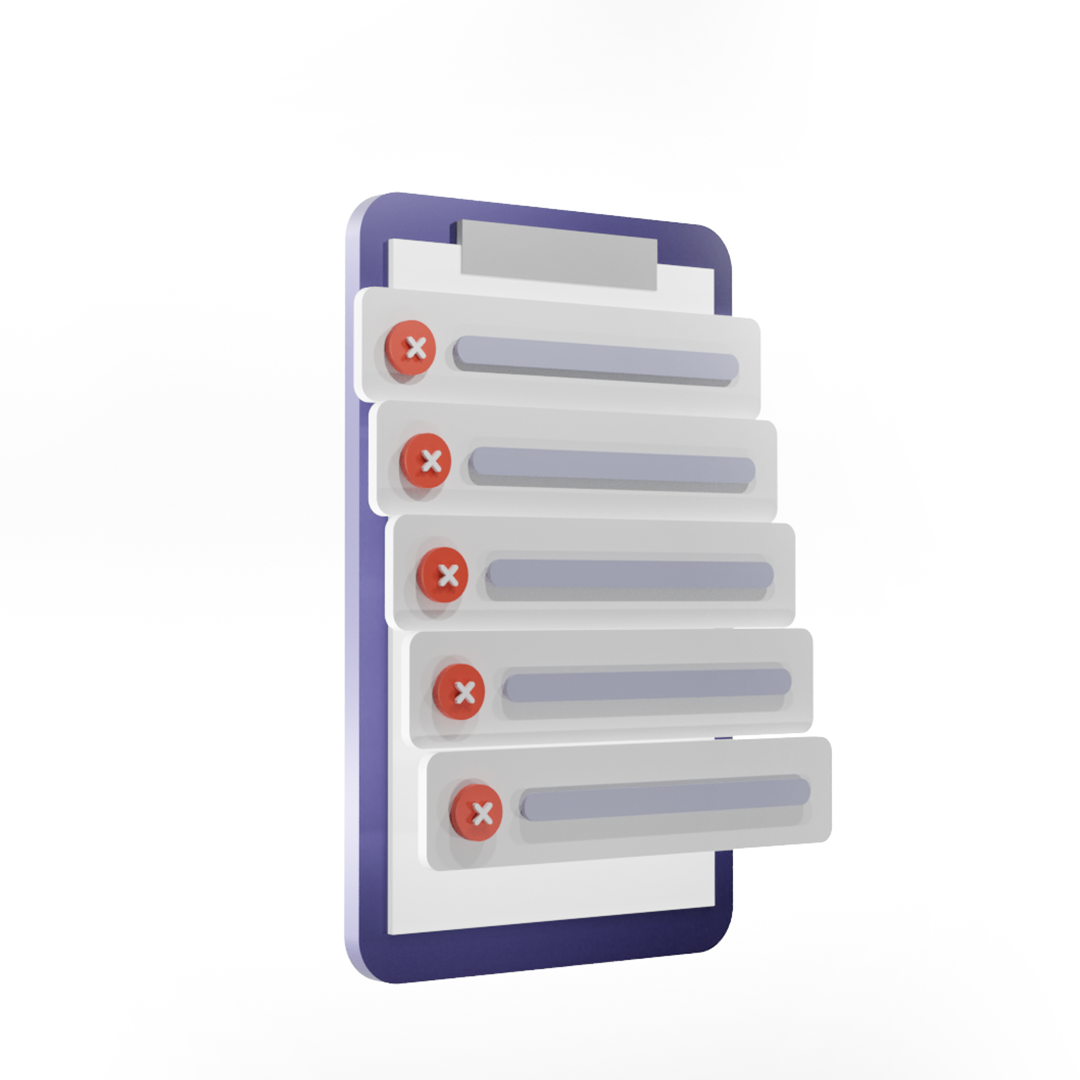Product testing presents your target audience with various possibilities and solicits their opinion on each one. Product testing allows you to evaluate purchasing intentions, quality, and worth to determine which product concepts consumers prefer. Using these insights, you can create products that will resonate, sell, and foster customer loyalty. What then, is product testing, and why is it necessary?
According to data, over 30,000 new products are introduced yearly, of which 95% fail. Similarly, Techpoint Africa reported that the failure rate for products (either newly introduced or not) ranges between 70 and 80%.
Too frequently, in an effort to recoup investment or beat the competition, firms rush new products to market without first determining if they connect with consumers or if their product is something that people genuinely want. However, without input from their target audience, even the most seasoned decision-makers struggle to make the best choices. It is your best bet to achieve Product-Market fit.
What is product testing?
Product testing, often known as consumer testing or comparative testing, is the technique of measuring the qualities or probable performance of a product among a specific audience. A fantastic product may recover from a subpar debut, but a spectacular launch cannot save a commodity that no one wishes to buy. By soliciting audience opinions on your product ideas before proceeding with the launch, you may immediately discover effective product concepts. This guarantees that resources, time, and effort are allocated to the appropriate projects.
What objectives does product testing serve?
Product testing can be used to achieve a variety of objectives. A few are:
1. New product development
New product development is an essential component of product design. When introducing a new product to the market, you must determine whether it will appeal to potential customers. Product testing facilitates the launch of products that people are willing to pay for.
With product testing, you’ll learn;
- What consumers think of your product
- What they like and dislike about it
- How they use it
- Compelling packaging options.
Click to test your product in Africa!
During testing, you will also obtain a better knowledge of your product’s constraints and the level of support that it will require. Product testing is the best way to determine how a product fits into people’s daily life.
Product testing is also essential for differentiating new products in the market from others.
2. Compliance and regulations
Product testing is a method of ensuring a product’s safety and regulatory compliance. Extensive testing can assist you to verify that a product meets government regulations while also protecting your firm from potential lawsuits. It also confirms that your product is safe to use.
According to Willard Mwemba, CEO of the COMESA Competition Commission, “Most countries in Africa do not have the capacity or experience to deal with the distribution of unsafe products.” This, therefore, points to the importance of Product testing- especially for brands that want to enjoy patronage in Africa.
If you sell building materials, for example, you must ensure that they exceed industry safety criteria, such as durability, handling safety, and, in some situations, cost.
3. Recognizing possible cost savings
Product testing improves reliability while shortening development time. Some small firms skip testing to reduce upfront expenditures, but in doing so, they lose out on long-term rewards and put their organization in danger.
Click to test your product in Africa!
Product testing can result in cost savings in numerous areas:
- Lowering the likelihood of defects and product failures. Testing identifies flaws and weaknesses in a product’s design before the ultimate user does.
- Lesser repairs. Defect detection (and correction) during manufacturing can reduce the cost of owning and maintaining your product.
- A reduction in returns and warranty claims. Customers are less likely to return your products and request refunds if fewer of your products fail.
4. Validating the product’s intended function
Businesses create products to address certain concerns. Customers’ uses of the same products, on the other hand, can differ. A product’s success is determined by its ability to keep its promises and serve its purpose. Before a product hits the stores, rigorous testing assures that it will meet customer needs and generate brand trust.
5. Enhancing existing products
Developing a product that people adore is not an invitation to a tea party. Occasionally, it is necessary to continually upgrade in order to match new demands and market trends. Regular product testing provides you with useful qualitative data that enables you to renew existing products more quickly and identify hidden client use cases.
Customers are more likely to buy from your company if you can guarantee them that your products have passed sufficient testing and have a solid reputation as a result.
How to carry out product testing in Africa
Do you have a product that is targeted at African consumers? You can get your required responses through the Central Location Test (CLT) product testing method.
The CLT method is appropriate for qualitative research. The test is administered in a controlled environment, such as a shopping mall room. It presents less biased feedback on products in a face-to-face environment.
Click to test your product in Africa!
There are multiple ways to do the central location test;
- Monadic. Everyone concentrates on a single product and evaluates its marketability.
- Paired comparison. People evaluate two products and select the one they prefer the most.
- Sequential monadic. In this design methodology, one product is evaluated using the monadic model. They then evaluate a second product before comparing the two.
When conducting this type of product testing in Africa, research experts can deliver your product to any desired location on the continent. The skilled testing team will next administer the test and offer you objective audience feedback.
Some of the advantages of this form of product testing are;
I. Eliminate prejudice. The testers observe everyone in the same environment, eradicating external influences and presenting identical content.
II. Get unfiltered feedback. You are able to observe and monitor body language and reactions. Additionally, individuals may ask questions in person that may not have been answered online.
III. Ask questions in real-time. Researchers can seek clarifications based on the participant’s behavior. This allows researchers to examine tangibles and intangibles simultaneously. It is easy for testers to record the sensory impressions of participants.
IV. Cost-effective testing procedure. CLT market researchers can reserve a venue and test a large number of individuals simultaneously, thereby saving money, time, and other resources.
Why should you test your product ideas before your debut?
When you apply product testing before debut, you launch your product with four significant benefits:
- Obtain buy-in for your product proposition: Hard data cannot be disputed. Testing demonstrates which items resonate most strongly with your target audience, allowing you to select obvious winners and persuade other stakeholders to support these selections.
- Gain assurance in distinguishing characteristics and discover why others are falling behind: Perhaps your audience preferred one product, but found a simpler variant of that product to be more beneficial. Or perhaps they adored a product but had privacy concerns. This information can be used to combine the greatest aspects of each choice into a single, superior solution.
- Determine which demography your product concept connects with: By filtering your answers, you may determine how various groups (based on age, gender, geography, etc.) perceive your product concepts. This data assists you in matching your product with its appropriate market.
- Incorporate agility into your workflows: By gathering data often through agile market research – surveys distributed to a sample of your target market — your company can make informed decisions. This allows you to respond more swiftly to market changes.
Does Survey54 conduct Product testing?
Yes, we do. So, you are rest assured that you can have a reliable assessment for your products ANYWHERE in Africa.
How then, do we do this?
Click to test your product in Africa!
We ship the samples of the product(s) to our partners on ground in your preferred location to conduct the testing. We ensure that the products are properly handled en route to the location so as not to affect the outcome of the assessment.
Our moderators on-site equally ensure that the products are tested and insights are uploaded to your dashboard for the targeted demographic. Easy peasy!
Remember that testing is vital to all phases of the product life cycle, regardless of the testing method you use. You should consistently collect client feedback and use it to improve your product.
Expert solutions from Survey54 enable rapid and efficient product and concept testing in Africa.
Survey54 is the King of consumer data in Africa. Our product and concept testing solution for Africa allows businesses targeting several markets in the continent to test their products for acceptance before launch. We also test ad campaigns on your audience for actionable feedback.
Our insights-gathering techniques are also not limited to English-speaking African countries. We have a strong presence in Francophone countries and others on the continent. We equally offer insights translation services. So with Survey54, language is no barrier!
If you desire the competitive advantage that quality consumer insights offer successful businesses in the African and other emerging markets, Contact our team at Survey54 for guidance on how to begin.

